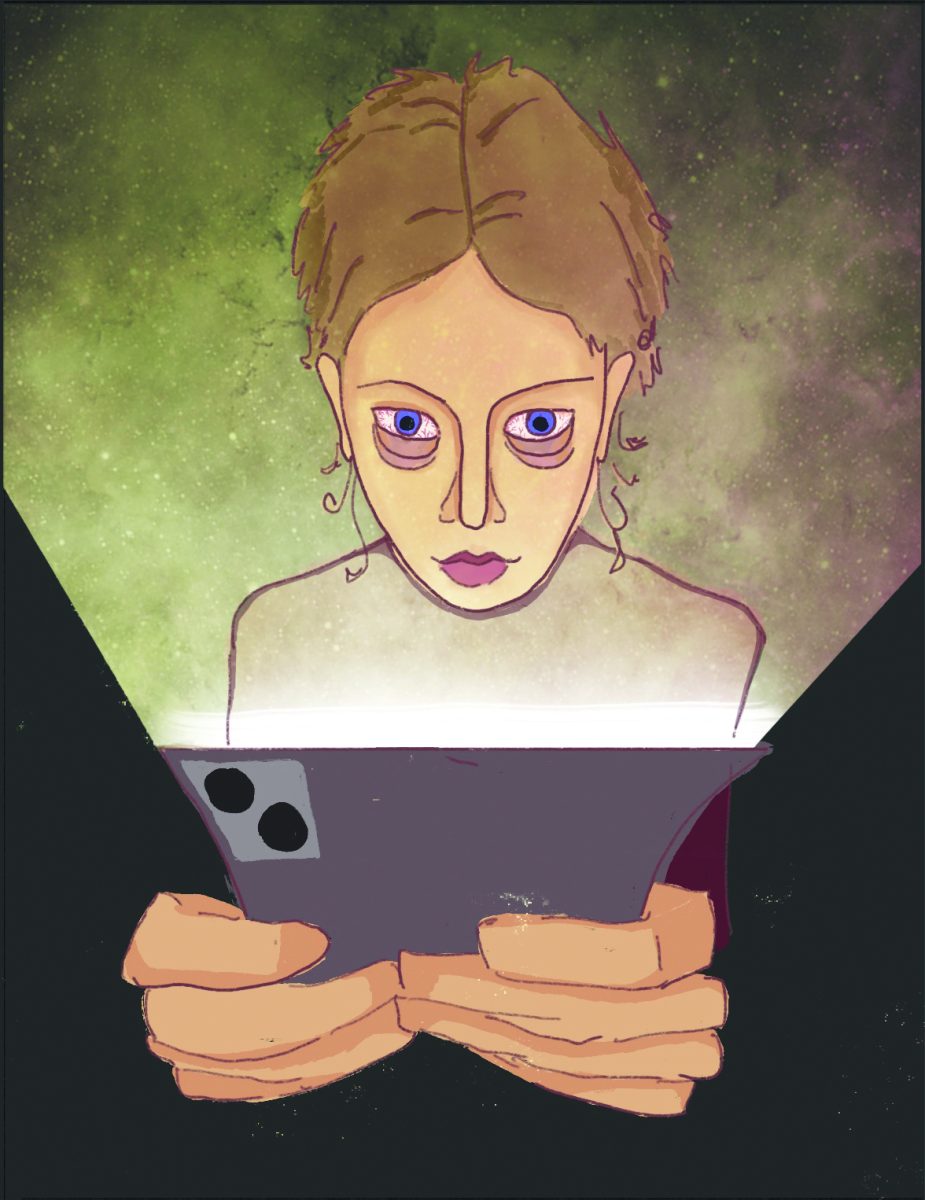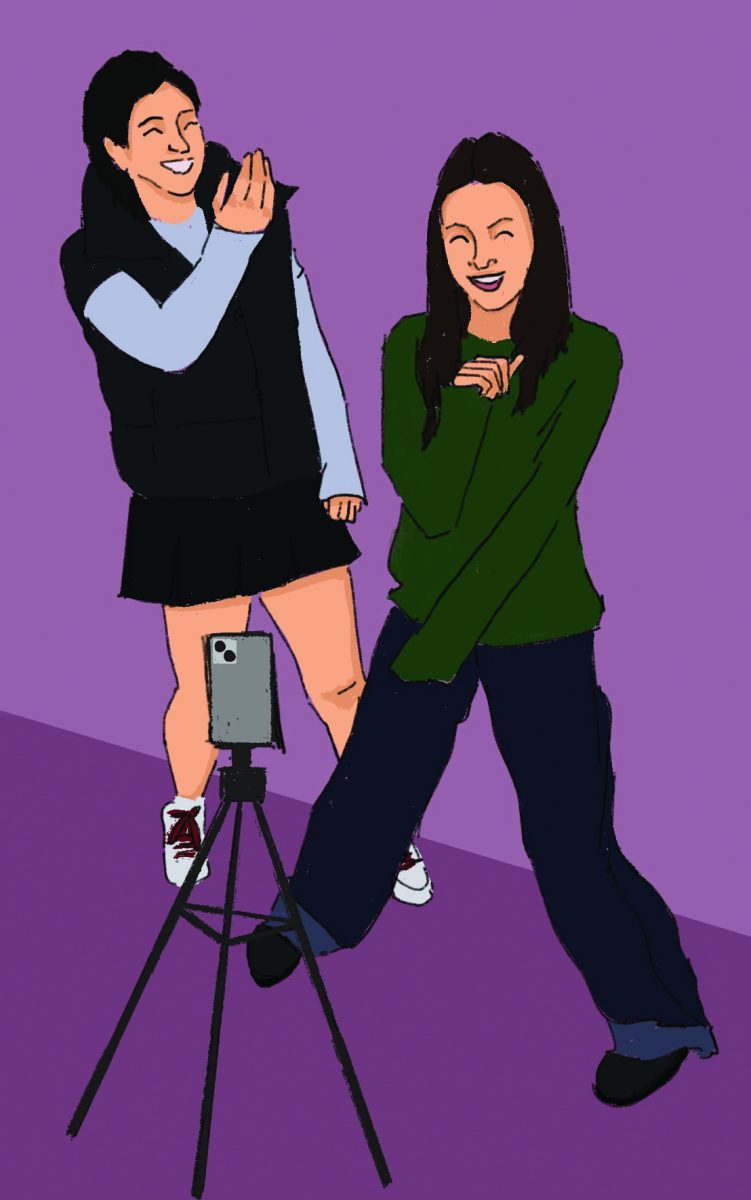
Following the death of George Floyd and the ensuing racial reckoning in the summer of 2020, businesses, organizations and schools faced calls for institutional and interpersonal change. While millions swarmed the streets of cities from Minneapolis to Copenhagen, these institutions scrambled to schedule diversity training, send internal memos and post public statements. Independent schools were certainly no exception. For the 2020-2021 school year, in the midst of COVID, schools have revised their curricula, hired Directors of Diversity and sought to resolve issues of inequity and discrimination.
While here at Marlborough, many of the policies, such as curriculum diversification and teacher trainings, were well-received, the messaging around other changes perpetuated insidious stereotypes and untrue perceptions about students of color. Many of these changes were well-intentioned and the Marlborough administrators made many assurances about their dedication to protecting BIPOC students, however, the messaging around “Equity Leads Education” and the responses to racism allegations, reveals some concerning racial bias.
A widely shared Instagram graphic featuring “Final Updates!!” was shared at the end of the 2020-2021 school year, highlighting some of the changes regarding the “Proposal For Marlborough Administration Regarding the Treatment of BIPOC Students/Staculty at Marlborough School”. The graphic included many policy changes including “culturally relevant employee development,” and a new system that allowed students to offer teachers feedback on insensitive incidents. However, it also included a number of seemingly unrelated policies, particularly pertaining to academic standards and disciplinary action at the school. These include the option to take the class pass/fail if requested, the removal of penalties pertaining to late work in an online school, and, following a series of class meeting announcements and ASMs, revisions to discipline policies.
While many of these policies are seemingly benign, the messaging and subterranean implications behind them are worth examining. In particular, the late work policy and the new pass/fail options for classes were incorporated as part of the school’s response to calls for racial equity. While these policies may have been aimed at establishing equitable practices at Marlborough and addressing socioeconomic class, ability and gender, the presentation of the new vision statement “Equity Leads Education” (the banner under which most of these policies were introduced) was deeply tied to the racial reckoning of Summer 2020. The vision was introduced to the majority of the school in an email beginning “To be clear, Marlborough School supports and endorses BLACK LIVES MATTER”. The understanding that these academic policies were tied to issues of racial justice became the prevailing consensus amongst the student body in the absence of ANY mentions of other forms of inequity. This perception (intentional or not) clearly permeated the student body all the way up to our student body president who listed these policies on her Instagram as a response to “the treatment of BIPOC and Students/Staculty”. The idea that the late work policy and pass/fail options are directly aimed at students of color perpetuates untrue stereotypes that these students need special academic accommodations. What is more, is the messaging that this somehow affects BIPOC students more than white students or that these policies are necessitated by the presence of BIPOC students. What is the messaging to young women of color, when policies that seemingly lower academic standards are perceptually directed towards them? Why are these policies being pitched as racially progressive and as solutions to the racial reckoning of 2020, when in reality they are student welfare policies aimed at all students?
What is particularly alarming was the revision of the Honor Code and The Understanding, a statement that students and faculty truly honored and respected. The focus on honor at Marlborough has always been a central tenet of our code of conduct, not to mention consistently marketed to prospective parents. The new Community Pledge unveiled last year was perceived by many as less harsh in condemning incidents of racial harm and dishonorable behavior. This new community pledge was presented during an ASM accompanied by a slideshow describing the changes as a “direct response to Dear Marlborough”. While many posts on Dear_Marlborough called for changes to the disciplinary policy, the obvious choice would be to make policies harsher and responses to racist incidents more swift. However, the new community agreement seemed to do the opposite. Instead, the ASM unveiled systems of restorative justice seemingly designed to facilitate softball apologies and counseling sessions, in response to some appalling racially charged incidents.
Why, of all policy changes, is this our response to reports of lackadaisical treatment of racist incidents? One might interpret these changes as an effort to ensure there isn’t overly punitive treatment of BIPOC students. However, alternatively, this same policy will likely reduce the punishment faced by students committing micro (or macro) aggressive incidents. The messaging problem is quite appalling here, intentional or not. Either the administration is creating a less punitive environment for racist students or they are promoting the message that lower and less explicit standards of honor and discipline are directed at BIPOC students.
One Dear_Marlborough entry wrote “I’m tired of there being NO CONSEQUENCES”. Another wrote “why are students punished more severely when they wear colored socks than they are for being racist?” and it certainly doesn’t seem like this policy will even begin to resolve this discrepancy.
Although many of the administration’s changes are commendable and the initiative shown by student activist groups is truly admirable, these academic and disciplinary policies should not be portrayed as issues of racial equity. The messaging can often play into implicit bias in the minds of the student body as well as revealing potential implicit bias in the writing and promotion of these policies. While the counter-argument that sometimes BIPOC can be unjustly targeted by disciplinary or inequitable academic evaluation has weight, it seems like the administration should be tackling the conditions that foster inequity rather than lowering standards and seemingly pinning the blame on BIPOC students.






